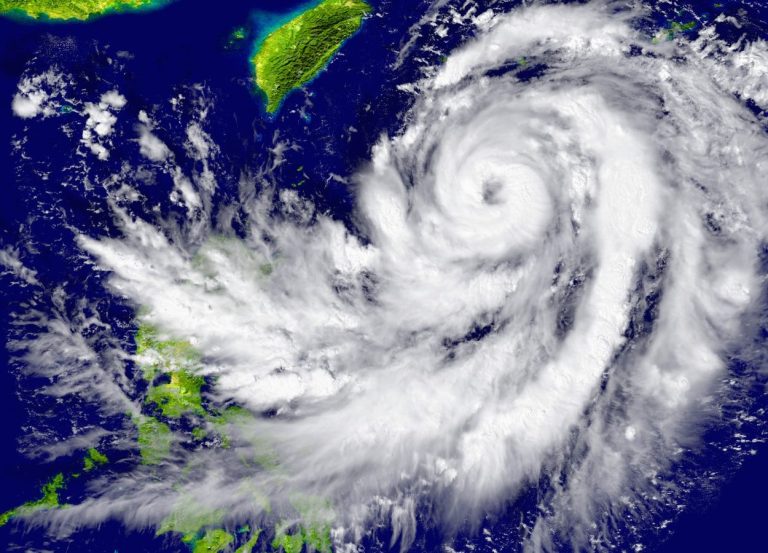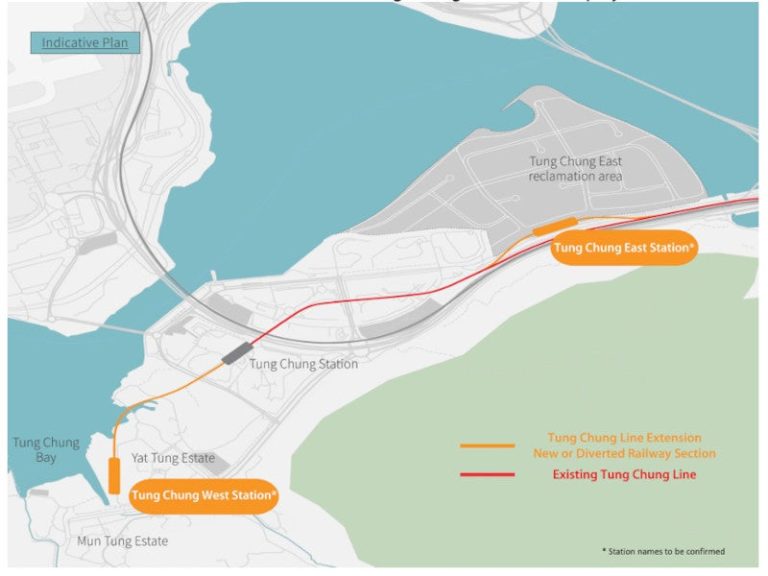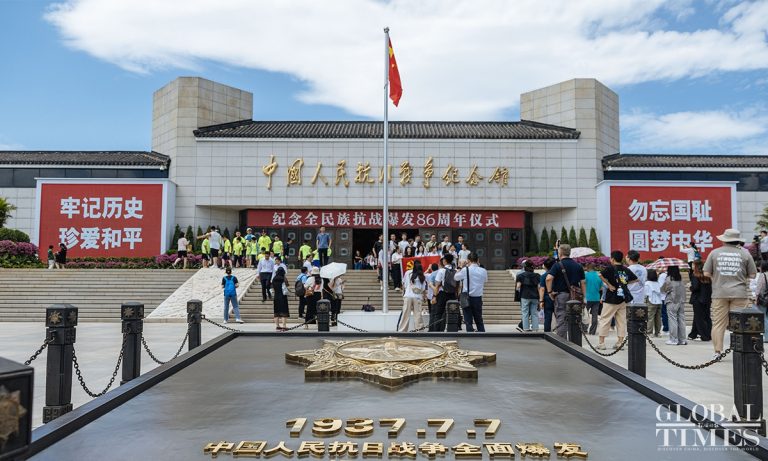Thailand’s recent decision to block border crossings with Cambodia has drawn significant attention to the ongoing tensions between these neighboring Southeast Asian nations. The closure, implemented by Thai authorities, represents a complex diplomatic and security response to mounting challenges along their shared border.
The primary motivations behind this border restriction are multifaceted, with security concerns playing a crucial role. Thailand has taken this dramatic step primarily to address two interconnected issues: a persistent border dispute and the proliferation of illegal scam centers operating within Cambodian territory.
These border crossings, which are typically vital conduits for trade, tourism, and local community interactions, have now been effectively sealed off for most travelers. The restrictions are comprehensive, affecting tourists, traders, and regular cross-border movement. However, the Thai government has maintained a humanitarian exception, allowing passage for individuals with urgent or compassionate reasons.
The move highlights the simmering tensions between Thailand and Cambodia, which have a history of territorial and political disagreements. By implementing these border controls, Thailand is sending a clear message about its security priorities and its determination to combat transnational criminal activities.
The illegal scam centers operating in Cambodia have been a particular point of concern. These operations, which often target international victims through sophisticated digital fraud schemes, have prompted Thailand to take decisive action. By restricting border access, Thai authorities hope to disrupt the operational networks that enable these criminal enterprises.
While the border closure represents a significant diplomatic and logistical challenge, it also underscores the complex geopolitical dynamics in the Southeast Asian region. The restrictions demonstrate how countries can leverage border controls as a strategic tool to address security and criminal justice issues.

For travelers, traders, and local communities who rely on these border crossings, the implications are substantial. The closure disrupts established economic and social patterns, potentially causing economic strain and personal inconvenience for those who regularly move between Thailand and Cambodia.
The situation remains fluid, with both governments likely engaged in diplomatic negotiations to address the underlying issues. The border restrictions serve as a stark reminder of the delicate balance required in managing international relations, particularly in regions with historical territorial sensitivities.

As the situation continues to evolve, observers and stakeholders will be watching closely to see how Thailand and Cambodia navigate these challenging diplomatic waters. The border closure represents more than just a physical barrier; it is a complex expression of national security priorities, regional politics, and the ongoing struggle against transnational criminal networks.
For now, those planning travel or business activities between Thailand and Cambodia must remain informed about the current restrictions and be prepared for potential changes in border access policies. The humanitarian exceptions provide some flexibility, but travelers should exercise caution and stay updated on official communications from both countries.
This border closure serves as a compelling case study in how nations respond to security challenges, demonstrating the intricate interplay between diplomatic relations, criminal justice efforts, and cross-border dynamics in Southeast Asia.













